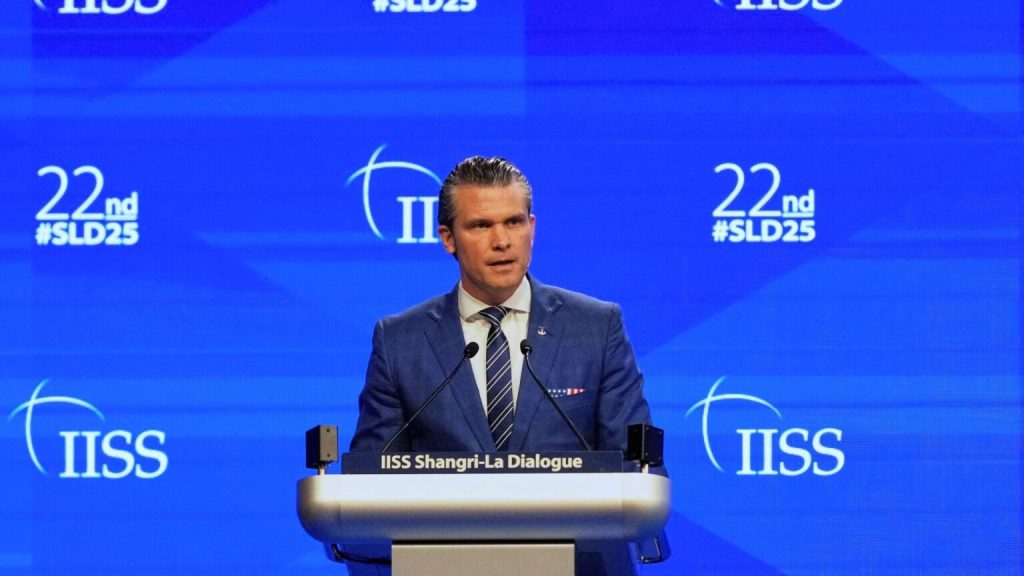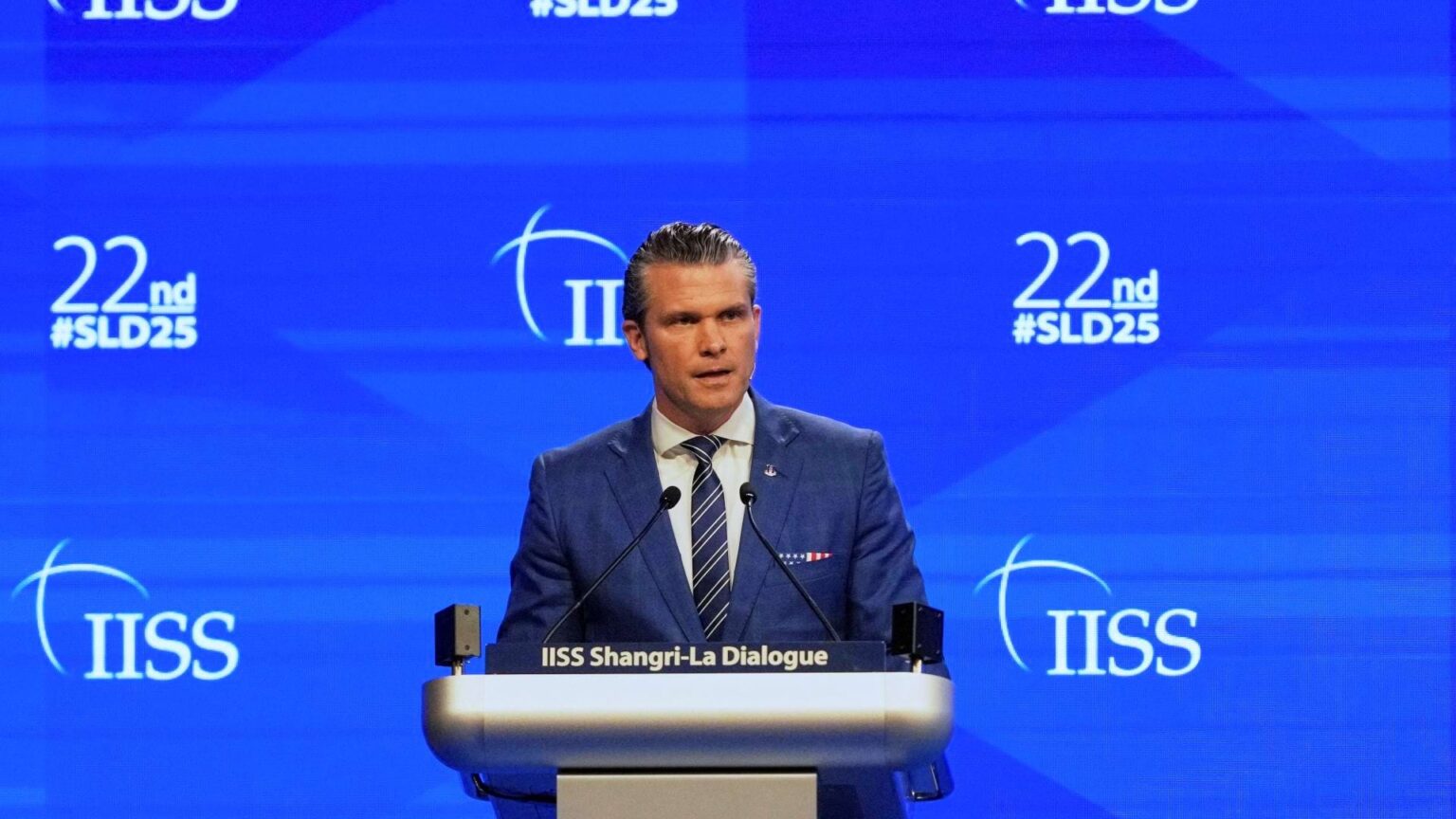Security conferences are overrated, increasingly reduced to photo ops and hollow statements as real power plays unfold far from the conference halls.

Byline: International Security Correspondent
For decades, global security conferences like the Munich Security Conference or Shangri-La Dialogue have been viewed as pillars of diplomatic engagement—stages where nations navigate conflict, declare policy shifts, or reaffirm alliances. But in 2025, the absence of the U.S. Secretary of Defense from several such forums has sparked a different realization: security conferences are overrated—with or without the Pentagon.
Symbolism Over Substance
These summits promise high-stakes engagement but often deliver more optics than outcomes. Panels are packed with career diplomats repeating well-rehearsed positions. Bilateral talks are closed-door, and press conferences tend to confirm only what was already leaked in advance. Little changes, even when war is raging.
Last year, even with full U.S. participation, no significant movement emerged on Ukraine, Gaza, or the Indo-Pacific flashpoints. Agreements are announced in name only, lacking enforcement. Behind-the-scenes decisions—sanctions, arms transfers, cyber operations—rarely trace back to a conference panel.
Pentagon’s Absence Exposes the Myth
When the Pentagon skips a high-profile event, commentators panic. But it often changes nothing. American military and intelligence policy continues—guided by real-time assessments, not staged roundtables.
The myth is that these events keep the world safer. In truth, they’ve become elite forums for signaling, not strategizing. Governments now increasingly conduct crucial diplomacy bilaterally or through covert channels, not on stages flanked by corporate logos and international media.
A New Era of Quiet Power
While once valuable for confidence-building during the Cold War, today’s security dynamics favor asymmetry, digital confrontation, and economic warfare. These dimensions aren’t negotiated in hotel ballrooms—they’re decided in data centers, private intelligence briefings, or arms production facilities.
Nations are adapting. Deals are made on encrypted lines, through intermediaries, or during urgent missions—not over champagne at Davos-adjacent security events.
What Still Matters? Regional Engagement
The few productive outcomes in recent years—such as Indo-Pacific maritime codes, West African counterterrorism frameworks, and cyber norms—have come from regional summits, track II diplomacy, and task-specific coalitions.
The future may belong to leaner, less public forums focused on implementation, not branding. If security conferences want relevance, they must evolve beyond rhetoric and networking.
Conclusion: Theater, Not Strategy
It’s time to acknowledge the reality: security conferences are overrated. Their relevance is increasingly performative. Geopolitical power is exercised elsewhere, in real time, with real stakes. Until these events reflect that urgency—and abandon their dependence on Western presence and ceremonial gravitas—they will remain more symbolic than strategic.








Comments are closed.